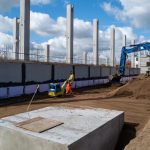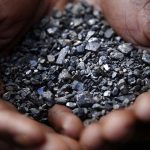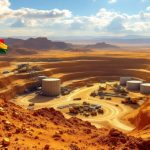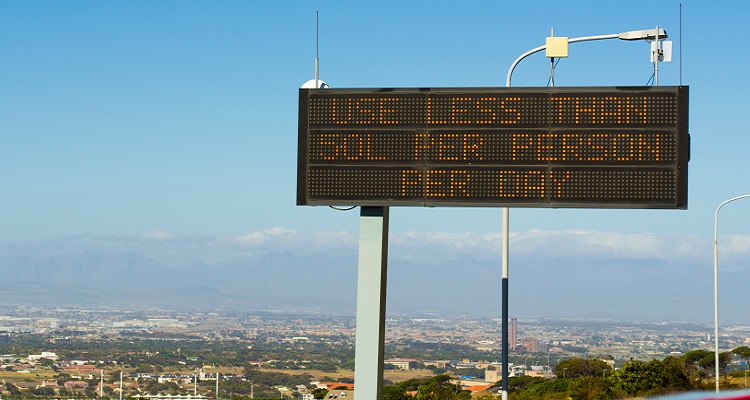Water scarcity poses a significant challenge to sustainable development and the well-being of people across the Africa and with factors such as a burgeoning population, changing climate patterns, infrastructural gaps, and uneven distribution of resources, the continent is grappling with the tangible consequences of restricted access to clean and safe water sources
According to the 2023 Global Water Security Assessment by the UN, more than 1.3 billion people in Africa face water insecurity, with 13 countries being critically water insecure.
Sub-Saharan Africa, as of 2019, reflects a concerning scenario where only 56% of urban residents have access to piped water (down from 67% in 2003), and a mere 11% have a sewer connection.
Addressing water scarcity requires strategic investments in modern water infrastructure, the adoption of climate-resilient agricultural practices, and active community engagement. Governments and international organisations must prioritise efficient water resource management systems, such as dams, wastewater treatment and reuse facilities, and desalination facilities. To reduce the financial burden on state-owned water utilities and improve operational efficiencies, governments can adopt the Public Private Partnership (PPP) model for the improvement of water infrastructure. And there have been demonstrated success stories for the same:
• Wastewater treatment plants (WTP): Wastewater treatment plants are an absolute necessity in the industrialised world. They reduce the pollution of already scarce freshwater resources, and the treated water can be used for irrigation and industrial uses and even for drinking after further treatment, reducing the stress on natural sources. The PPP model in WTP was first introduced to Africa in 1999 with a WTP in Durban, South Africa, and the success was later replicated in New Cairo, Egypt in 2009.
• Water desalination plants: For places with little to no fresh water and an abundance of sea/brackish water, Water desalination plants offer a good value proposition. Globally, more than 300 million people get water from water desalination plants. For instance, Algeria successfully implemented the PPP model for its Water Desalination Program and brought international experience and funding into the country.
• Water pipeline projects: Water transfer projects include any type of infrastructure that transfers water from any freshwater body to a place where it will be utilised by humans. With water resources spread unevenly across the continent, water transfer projects will not only improve clean water access but also bring economic development on the back of Industrial growth.
Water PPP projects underway
As the continent navigates these challenges, numerous PPP projects are underway, offering hope for a more sustainable future. Examples include the following projects:
• 6th October City West Phase 3 in Egypt, SoQs are expected in Q1 2024.
• The Chobe-Zambezi water transfer and Glen Valley water reclamation plant in Botswana, RFQ is expected in Q1 2024.
• uMdloti and uMkhomazi WWTP in South Africa, RFP expected in Q1 2024.
• Nador SWRO in Morocco, RFP expected in H1 2024.
These initiatives signify a collective effort to alleviate water scarcity and foster resilience, emphasising the importance of a holistic approach to secure a water-secure future for Africa.
Synergy Consulting has provided services to its clients on key water and wastewater projects in Africa, including financial advisory services to the Kigali Water Project in Rwanda; AREVA desalination project in Namibia; the New Cairo Wastewater project, Lusae Wastewater Treatment project, and IWPC Sinai Water Treatment in Egypt; transaction advisory services for an M&A opportunity in Namibia; procurement advisory services for Casablanca IWP project and Nador IWP project in Morocco; and bid advisory services for Glenn Valley WWTP & Reuse PPP.













